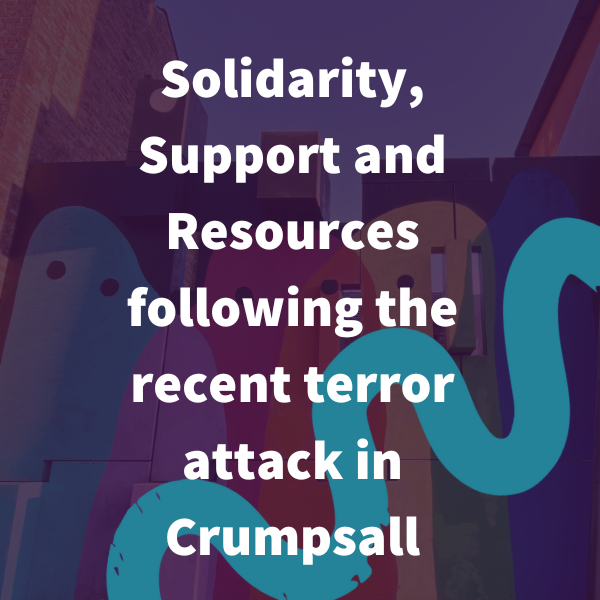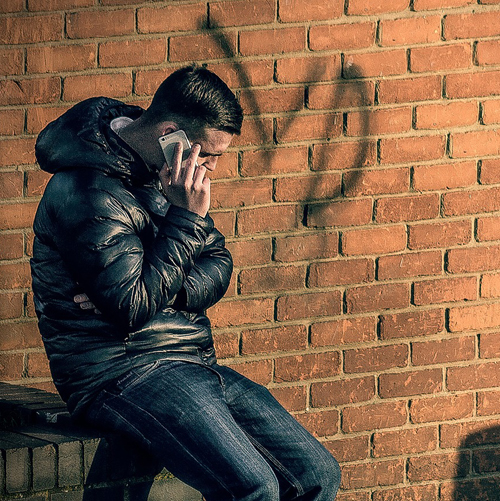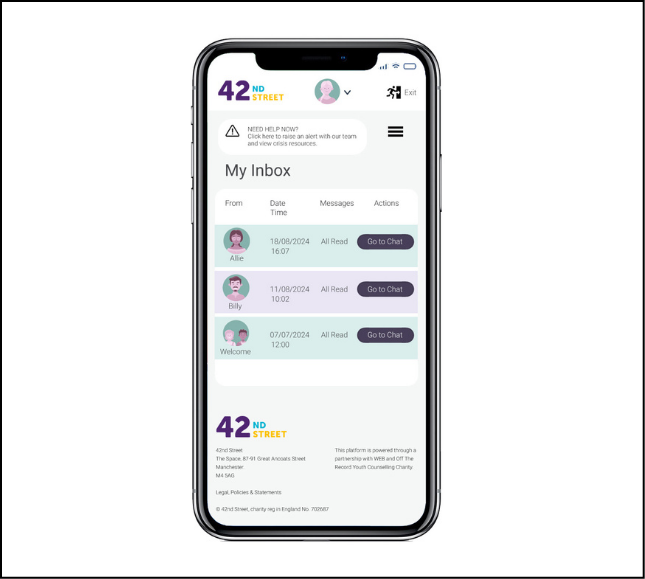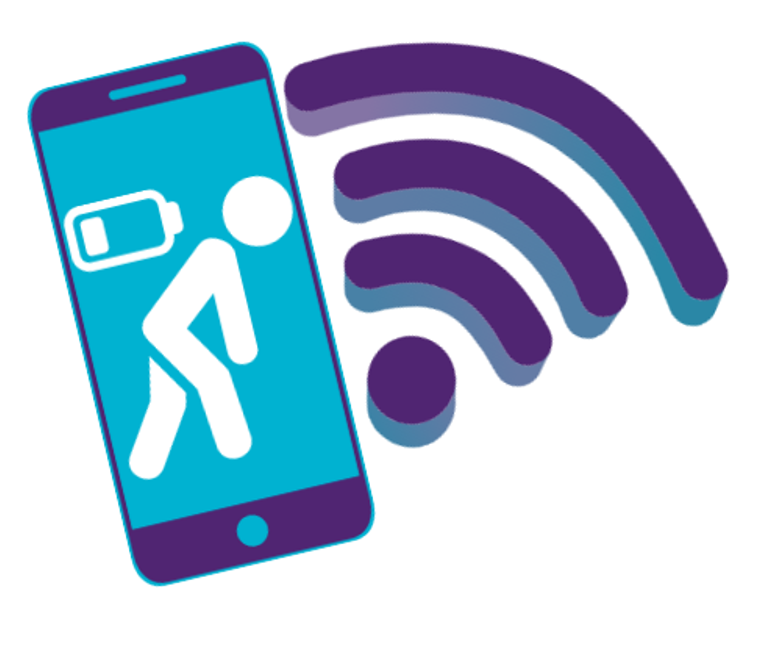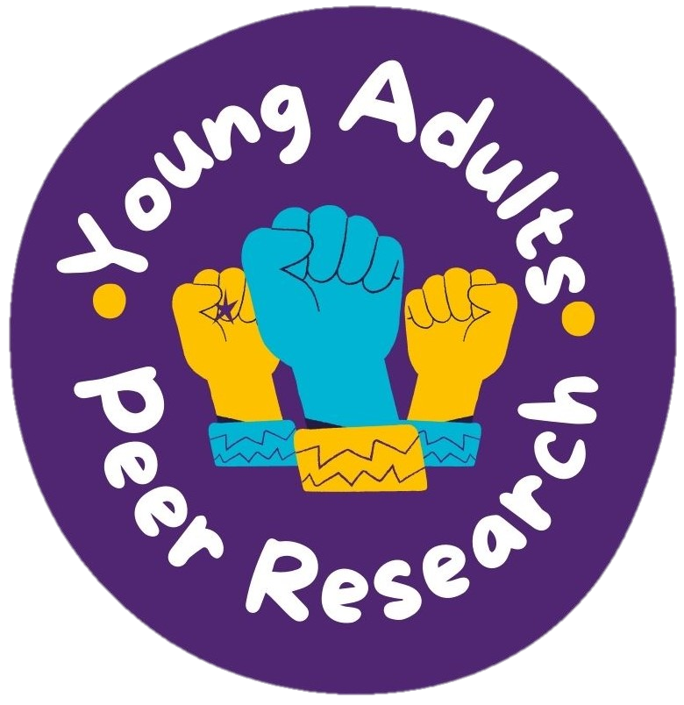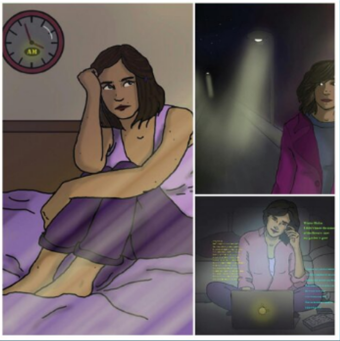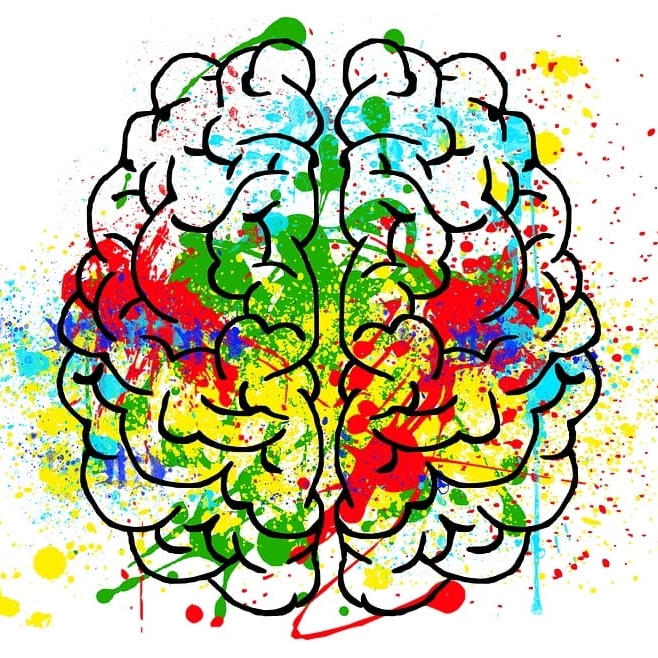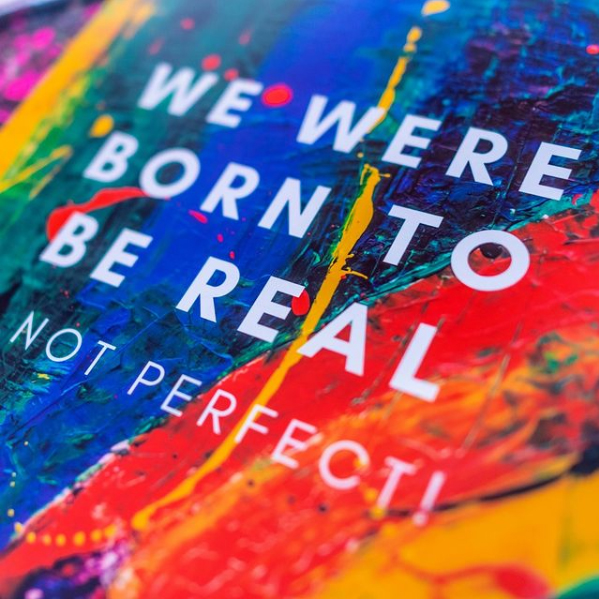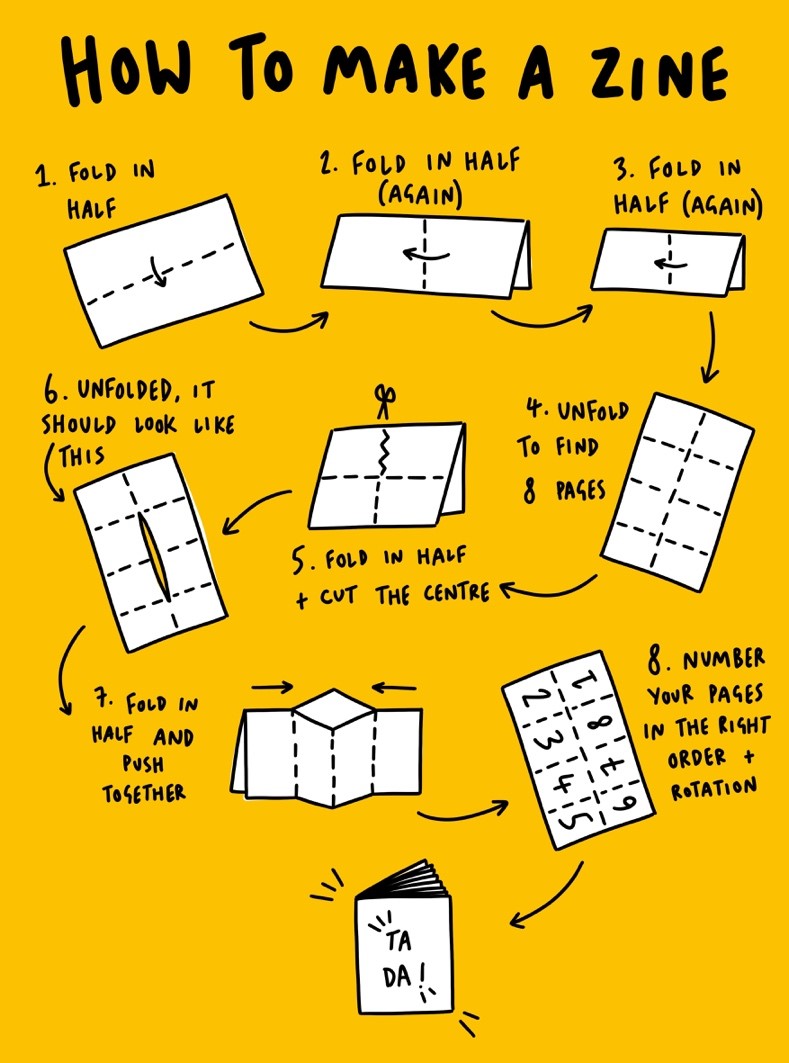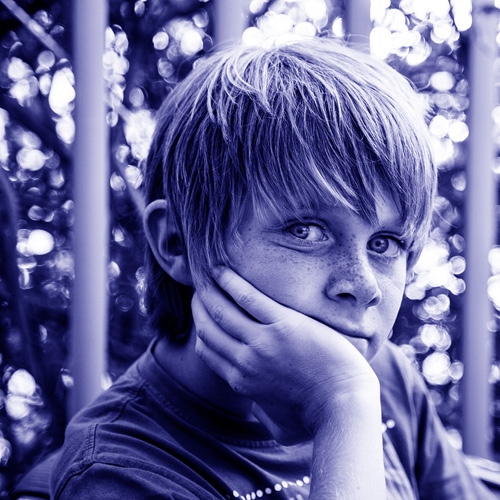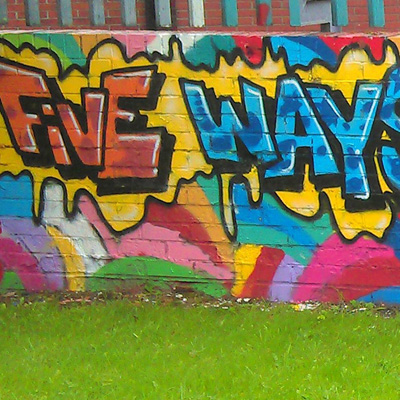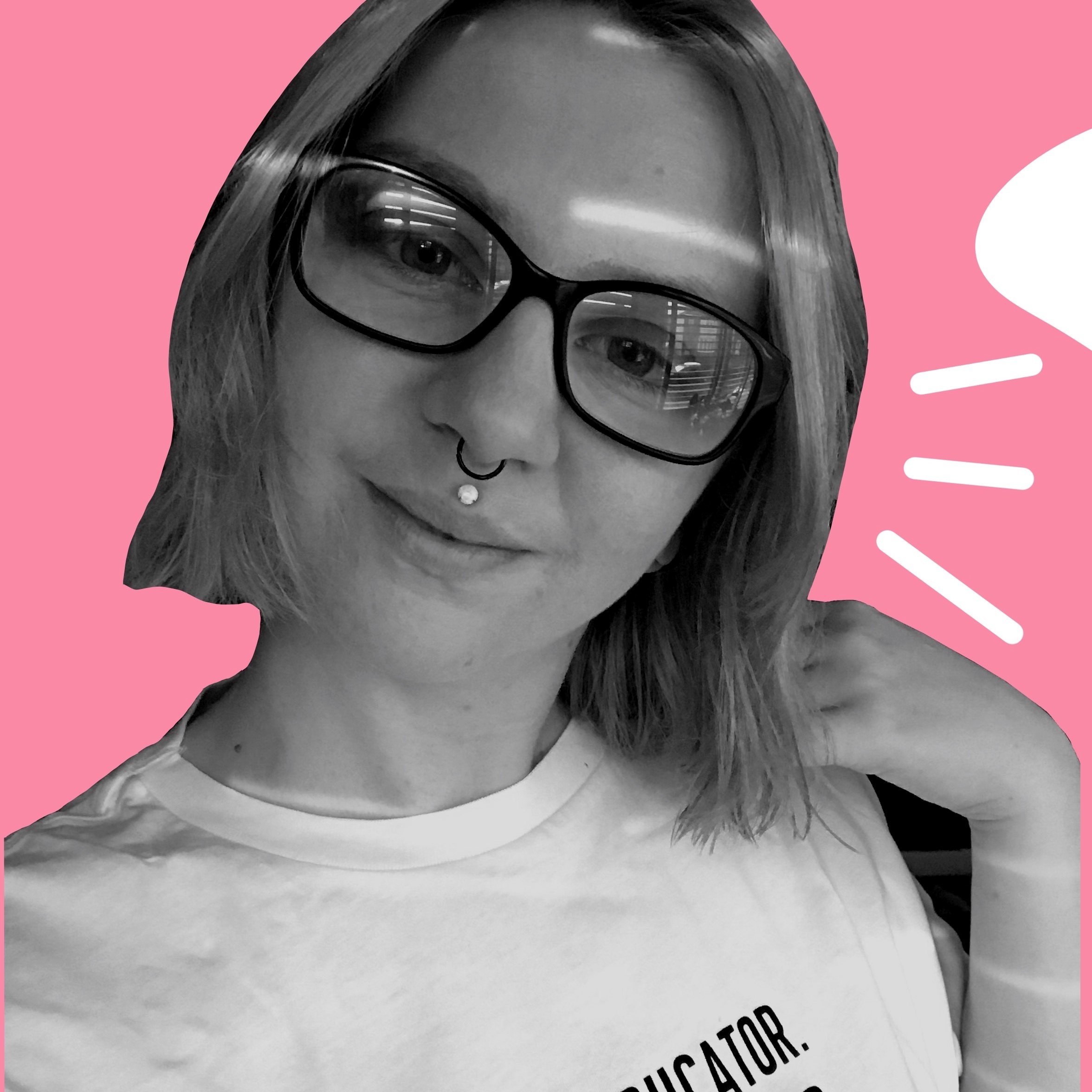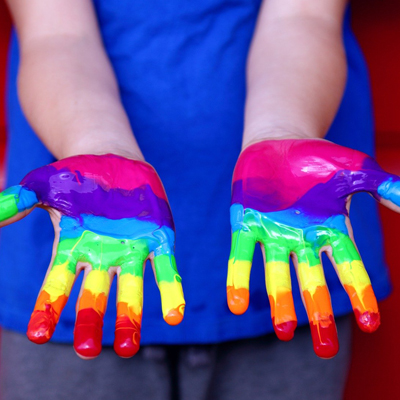Understanding shame
Reading time: 5-7 minutes
Shame is a negative emotion that is tied to how people view themselves and their worth. It is similar to guilt but there is a big difference.
What is shame?
While guilt allows us to see where we might have said something or behaved in a way that probably wasn’t the best (i.e. what we've done), shame is largely attached to how we feel about ourselves (i.e. who we are).
Guilt can be useful in that it might encourage us to change our actions and make amends if needed, but shame is an unhelpful emotion. It stems from a person believing that they are wrong, and this can have a huge impact on their mental health. You shouldn’t be ashamed of who you are. When feelings of shame arise, try to challenge them; is the thought really about something you've done rather than who you are? Where are those feelings coming from?
Shame can take root for a number of different reasons, such as:
- Going against "social norms" (being LGBTQ+ in many communities for example)
- Continued criticism or judgement from others (or imagining it)
- Stigma surrounding mental health conditions
- How you were raised (which can cover a huge number of things!)
- Abuse and assault
- Addiction (such as drug or alcohol dependency)
- Trauma
- Bullying
If you feel ashamed, you might also experience:
- Low self-esteem
- Difficulty accepting who you are
- Embarrassment
- Self-hatred
- Feelings (or fear) of rejection
- Feelings of worthlessness
- Feeling undeserving of love
- Fear of judgement
Shame can also lead to depression and anxiety disorders, which can feed those feelings of shame even more. People who are ashamed of who they are may also avoid interacting with other people and opening up about their emotions and experiences.
Living with shame can be painful, even more so if you find it hard to tell people how you’re really feeling (you can even become ashamed of feeling shame). The effect that it has on your mental health can also seep into your everyday life and prevent you from properly connecting with people.
What might help?
Shame can be very destructive. It can stay in your mind constantly, stopping you from developing relationships or making it seem impossible to take on new challenges. There are a few things that you can do to take control of your shame and create a better sense of self-worth, but don’t worry if you find some of these steps difficult! It might take a while to get a handle on your feelings. Remember, shame is a tricky emotion - you might even feel ashamed for not being able to tackle shame the first-time round, but that’s OK.
Open up about your shame. This might seem very scary, especially if your feelings have led to you shutting yourself off from other people and keeping your emotions inside! But bringing shame out into the open removes some of its power.
Sharing it with someone you trust, like a family member, friend, teacher or counsellor, can allow you to see things from a different perspective. You’ll probably find that these people won’t stop caring about you when you tell them, and they may be able to help you see your own self-worth.
If you don’t feel comfortable telling someone, you could also try writing about your shame or expressing it in another way, such as through drawing or photography.
Whatever you do, try to remember that being vulnerable is not a weakness or something to be ashamed of – it’s a strength.
Be kind to yourself. Talk to yourself the same way that you’d talk to a friend if they were in your position. As humans, we’re often much harder on ourselves than we are on other people. Try to remind yourself that you’re doing your best and that you’re worthy, no matter what. Recognising that your self-worth is not tied to your achievements, looks, or other insecurities can be a step towards freeing yourself from shame.
Question your shame. When feelings of shame are strong, it might help to dissect them. Why are you feeling ashamed? Is it because of something you’ve done or not done? Or maybe it’s because you don’t look or act the way that society thinks you ‘should’? Often, shame is a result of not meeting certain expectations or the fear of being criticised by other people. Remember that you are not defined solely by your achievements or what other people think of you (most of the time, they’re just focused on themselves anyway!). You are deserving of love and happiness just for being you.
Challenge yourself. If you find that your shame prevents you from taking on challenges or seizing opportunities that come your way, it might be helpful to take a risk. It doesn’t have to be huge, but trying something new can allow you to face the fear of failure. If you do succeed, great! This can give you a much-needed confidence boost. If not, that’s fine too! Failure is part of being human, and at least you gave it a shot. You might find that failure isn’t as awful as you had imagined…
Where to go for more support
In addition to the advice above, there are lots more resources and support options available for anyone who’s experiencing shame:
Seek support from 42nd If feelings of shame are affecting your mental health, you may want to talk to someone. You can chat with one of our workers online via text - just register for ongoing online support via our online support portal. We also hold weekly drop-in sessions so that you can speak to a worker without an appointment.
We provide a number of face-to-face services too, all of which offer something slightly different depending on what you want to get out of the support. Overall, though, every service provides you with someone who will listen, acknowledge your feelings, and work with you to tackle shame with positive coping strategies. You can read about our services here.
Read articles about the impact of shame on mental health. There are lots of them out there which explore the research-based effects of shame and provide tips on how to overcome it, such as these ones by Scientific American, Healthline and Psychology Today. A quick Google search will bring up lots more!
Watch some TED Talks. Brené Brown is a research professor who has spent years studying human emotions like vulnerability, shame, courage and empathy. She has two talks - The Power of Vulnerability and Listening to Shame – both of which explore the strength in being vulnerable and confronting the shame inside our heads. TED has also created a playlist of talks for anyone who feels like they’re not enough.
Read Women Don’t Owe You Pretty by Florence Given. This book is fantastic for anyone who identifies as a woman (but it’s a book that would be valuable for everyone else too!), as it challenges outdated narratives that might lead people to feel insecure, ashamed or unworthy in today’s society. She covers topics like self-esteem, body image, unfair beauty standards, relationships, how to empower and love yourself, and lots more.
Check out our LGBTQ+ support page if you are experiencing shame or stigma due to your sexual orientation and/or gender identities. There’s also are great book called “Straight Jacket” by Matthew Todd that explores shame within the LGBTQ+ community (it can be a tough read in parts though, and comes with trigger warning around a lot of difficult topics!)
See our support page for BIPOC individuals if you are feeling shame as a result of racism, whether it be direct or systemic.
Visit our support page for people with disabilities if you’re experiencing any shame due to a disability or physical impairment.
Call a helpline. If feelings of shame are weighing you down, there are several helplines that you can call to chat to someone about how you’re feeling or ask any questions that you might have. You can find a list of helplines and links to other resources here.
By: Ruby Guyler






